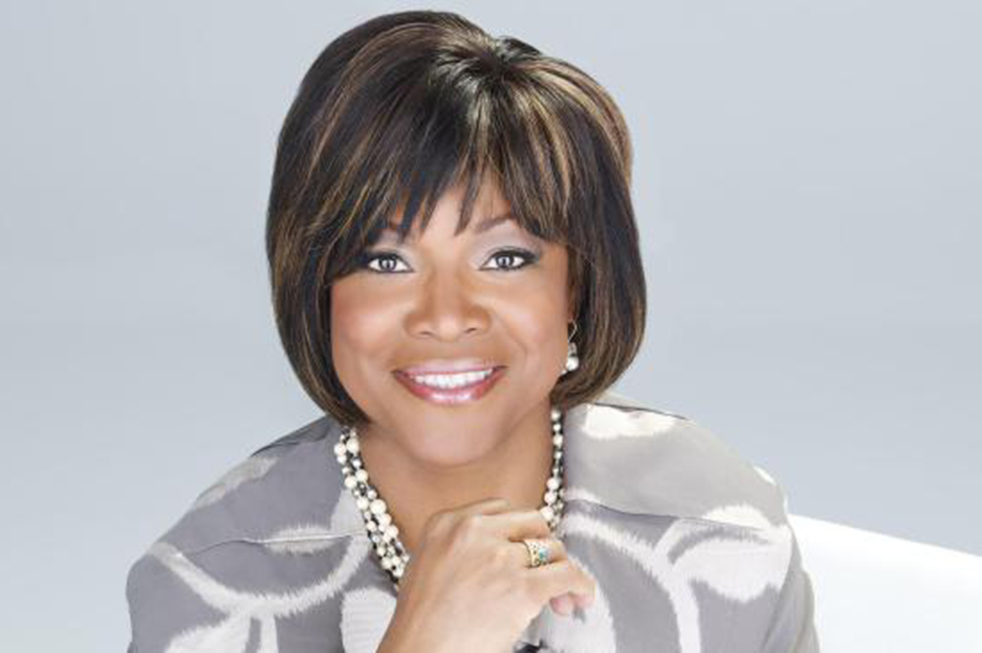Last week, the sixth annual Campus Diversity Symposium was held at the Georgia Tech Hotel and Conference Center in Tech Square, primarily discussing the issue of what speakers dubbed “inclusive excellence.”
Tech has recently taken some visible steps to offer a more inclusive campus for students or ethnic, sexual or gender minorities on campus. The new five-year strategic plan, recent grand opening of the LGBTQIA resource center and programs like VOICE highlight some recent steps to improve diversity and inclusiveness.
Most of the morning’s programming concerned the results of the recent Climate Assessment Survey, an anonymous survey of students, faculty and staff taken to gather reliable data about diversity-related issues and opinions of the campus. Quite a few comments in the survey questioned the Institute’s focus on diversity.
“I think the whole issue is a bit overblown,” stated one anonymous student in the survey, identified as a white male. Another student, a white female, echoed this with “It’s more important to recruit deserving students than diverse ones.”
Such opinions were examples of complaints on the free response section of the survey. Among male professors, it was the single most common complaint, with one professor claiming that there is “way too much” focus on diversity around campus, and that less qualified and competent students and faculty were being accepted because of it. Most of these comments, came from white or male students and faculty, rather than underrepresented groups.
The keynote speaker of the event was Dr. Valerie Rice, the president of the Morehouse School of Medicine.
When asked about hiring decisions based on diversity, Rice defended the university’s policy.
“You know, if you are interested in only the outcomes as measured by a metric that doesn’t align with people, then that’s okay,” Rice said. “But I can’t think of anything we do, even in engineering, that doesn’t eventually come back and impact people. What I learned at Georgia Tech was that having knowledge was important to get to the accurate answer, but how you got there, that was really the most important thing…. [It] comes back to the question of who you want on your team.”
Asked further, Rice emphasized that race and ethnicity were just one part of diversity.
“It’s not just race and ethnicity any more,” Rice said. “It’s not just about gender. It’s about cognitive differences between people and what they all bring to the table…. It is cognitive diversity that allows us to come up with the best solutions for our problems. Just think about what you would miss if you excluded everyone with a certain kind of life experience from the discussion.”
Rice also added that education is the great equalizer, and it is important that Tech bring everyone to the table.
